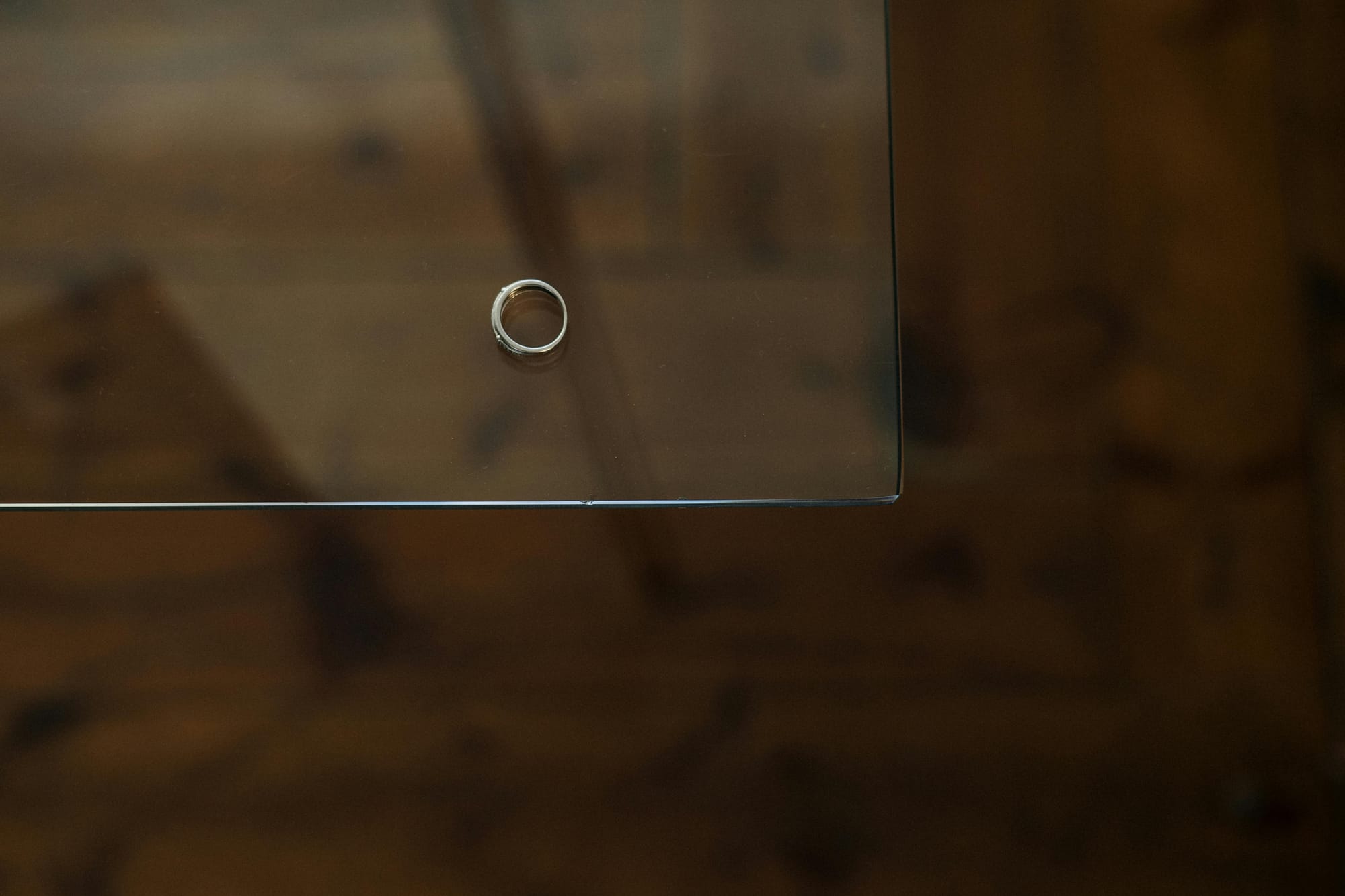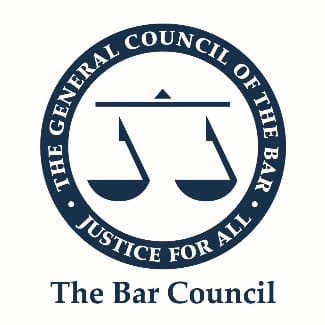A Fabulous Interview
I applaud Sam Hillas KC’s fabulous interview with Baroness Hale. Skilful, insightful and provocative, it ticks every box of serious quality journalism. Equally, the Baroness’s observations showed that her legendary wisdom and acuity have not dimmed with the passage of time since her retirement from the bench 4½ years ago. It took her four years to make her maiden speech in the House of Lords following her retirement.[[1]] I personally hope that she will now become an active member and will bring her exceptional powers to bear to carry the standard for the advance, and reform where necessary, of family law.
May I make two observations about the Baroness’s comments on transparency? She says:
‘But at the same time, of course, all the family cases are dealing with very personal, private matters. And how to balance those two considerations is, I think, complicated and difficult. My concern is for the interests of any children.’
Obviously, if the case is wholly or mainly about child maintenance – a Schedule 1 case for example – then it will be covered by s 12 of the Administration of Justice Act 1960, and, for as long as the case is going on, by s 97 Children Act 1989. In such a case the starting point is obviously anonymity and the question for the court is whether that anonymity should be relaxed, to include identification of the children, to reflect existing public knowledge about the case. If there is already massive public knowledge then, as in Lauryn Goodman v Kyle Walker [2024] EWFC 212 (B) (23 July 2024), the court may decide that to continue with any form of anonymity is futile.
Where the financial remedy case is not covered by s 12 of the 1960 Act (and s 97 of the 1989 Act) the legal position is very different. I maintain that under the law, and in particular under the decision of the House of Lords in Scott v Scott [1913] AC 417, the constitutionally key principle of open justice, which includes naming names, applies to such a case.
I reiterate my challenge to anyone who disagrees with my analysis to set out their arguments with chapter and verse.
If two adults are fighting in court about money the public have a right to know who they are and what they are fighting about. That they may have children who might be upset by reports of the proceedings and by the contents of the judgment is no reason to disapply that elemental principle. Consider, for example, probate disputes, neighbour disputes, cases under the 1975 Act, ToLaTa cases, partnership disputes, judicial reviews of education or housing decisions – the list is endless. The parties to such cases are likely to have children. Yet such cases are heard fully in open court and names are named, even if the children might be upset by the reports.
Many civil proceedings give rise to issues that are intensely ‘personal and private’. It is not a feature unique to financial remedy proceedings. Consider Scott v Scott itself. An order was made for that case to be heard in camera because it was a nullity suit which alleged the husband’s impotence. It is hard to think of something more personal and private. Yet the House of Lords famously and trenchantly set aside the order for privacy stating that even if there was power to make the order (which they doubted) it was a gross abuse of that power to do so, as it offended the most basic principles of open justice.
Just consider these dicta.
Earl Loreburn:
‘the Divorce Court is bound by the general rule of publicity applicable to the High Court and subject to the same exception.’
‘the traditional law, that English justice must be administered openly in the face of all men, is an almost priceless inheritance…’
‘There does, indeed, remain a danger that a Court may not be so jealous to do right when its proceedings are not subject to full public criticism. I acknowledge that this is always possible, and it is not an adequate answer to say that the judges can be trusted…’
Lord Atkinson:
‘The hearing of a case in public may be, and often is, no doubt, painful, humiliating, or deterrent both to parties and witnesses, and in many cases, especially those of a criminal nature, the details may be so indecent as to tend to injure public morals, but all this is tolerated and endured, because it is felt that in public trial is to found, on the whole, the best security for the pure, impartial, and efficient administration of justice, the best means for winning for it public confidence and respect.’
Lord Shaw:
‘[the in camera order appears] to me to constitute a violation of that publicity in the administration of justice which is one of the surest guarantees of our liberties, and an attack upon the very foundations of public and private security…’
‘What has happened is a usurpation – a usurpation which could not have been allowed even as a prerogative of the Crown, and most certainly must be denied to the judges of the land. To remit the maintenance of constitutional right to the region of judicial discretion is to shift the foundations of freedom from the rock to the sand.’
‘There is no greater danger of usurpation than that which proceeds little by little, under cover of rules of procedure, and at the instance of judges themselves. I must say frankly that I think these encroachments have taken place by way of judicial procedure in such a way as, insensibly at first, but now culminating in this decision most sensibly, to impair the rights, safety, and freedom of the citizen and the open administration of the law.’
‘If the judgments, first, declaring that the Cause should be heard in camera, and, secondly, finding Mrs. Scott guilty of contempt, were to stand, then an easy way would be open for judges to remove their proceedings from the light and to silence for ever the voice of the critic, and hide the knowledge of the truth. Such an impairment of right would be intolerable in a free country, and I do not think it has any warrant in our law.’
Am I missing something? How in the light of these dicta, in what has been described as the ‘foundational decision’[[2]] of the open justice principle, can it be lawful in the absence of further statutory intervention, to have Rules or Guidance which prescribe that the normal practice in those financial remedy cases heard in semi-private,[[3]] which are not covered by s 12 of the 1960 Act or s 97 of the Children Act 1989, is that they should be shrouded in anonymous secrecy?
I must also respectfully disagree with the Baroness’s suggestion that anonymity may encourage greater candour in disclosure. She says:
‘financial remedies cases bring with them their own specific concerns: ‘we want full disclosure. A lot of time and effort is given to getting full disclosure, and if there is too much publicity, getting disclosure will be even more difficult than it already is.’
The first canard to hunt down is the myth that there is a higher duty of disclosure in financial remedy proceedings than in general civil proceedings. There is no hierarchy of honesty depending on the type of case you are fighting. In civil proceedings there is a strict duty to disclose material which is adverse to your case or helpful to your opponent’s. That does not differ in scope or nature from the duty in financial remedy cases to disclose everything relevant to the exercise of the court’s powers. But no-one has ever suggested that the demanding duty of disclosure in civil proceedings is a reason to anonymise the participants.
Then there is the argument, adopted by the Baroness, that anonymity fosters greater candour. I would suggest that the direct opposite is the truth. In his evidence to the Gorell Royal Commission on Divorce and Matrimonial Causes in 1910 the then President, Sir John Bigham, later Lord Mersey, said:
‘I have a very strong opinion that it would be undesirable to suppress the reports, and I say so because of the anxiety that I know exists amongst the litigants themselves to keep the cases out of the paper. That very anxiety convinces me that the fear of publicity helps to keep people straight, and I would not take the fear of publicity away from them.’
I would suggest this is self-evidently true. In my opinion a putative non-discloser would be less likely to hide something if he knew that examination of his actions would take place in open court with no anonymity for anyone.
I refer readers to my piece in the Law and Disorder Substack where I address these issues more fully: https://lawdisorder.substack.com/p/kyle-walker-defender-extraordinaire.
These points aside, I reiterate my congratulations to Sam Hillas KC for a brilliant piece of work.
[[1]]: She became a member of the House of Lords on appointment as a Law Lord in 2004 but was barred from participation in that chamber until her retirement on 11 January 2020. But she did not make her maiden speech until 23 November 2023.
[[2]]: R (Marandi) v Westminster Magistrates' Court [2023] EWHC 587 (Admin) at [29] per Warby LJ.
[[3]]: I say ‘semi-private’ because although the rules say that such proceedings are to be heard ‘in private’ journalists and legal bloggers are allowed in and can, subject to a specific reporting restriction order, report everything they hear.





